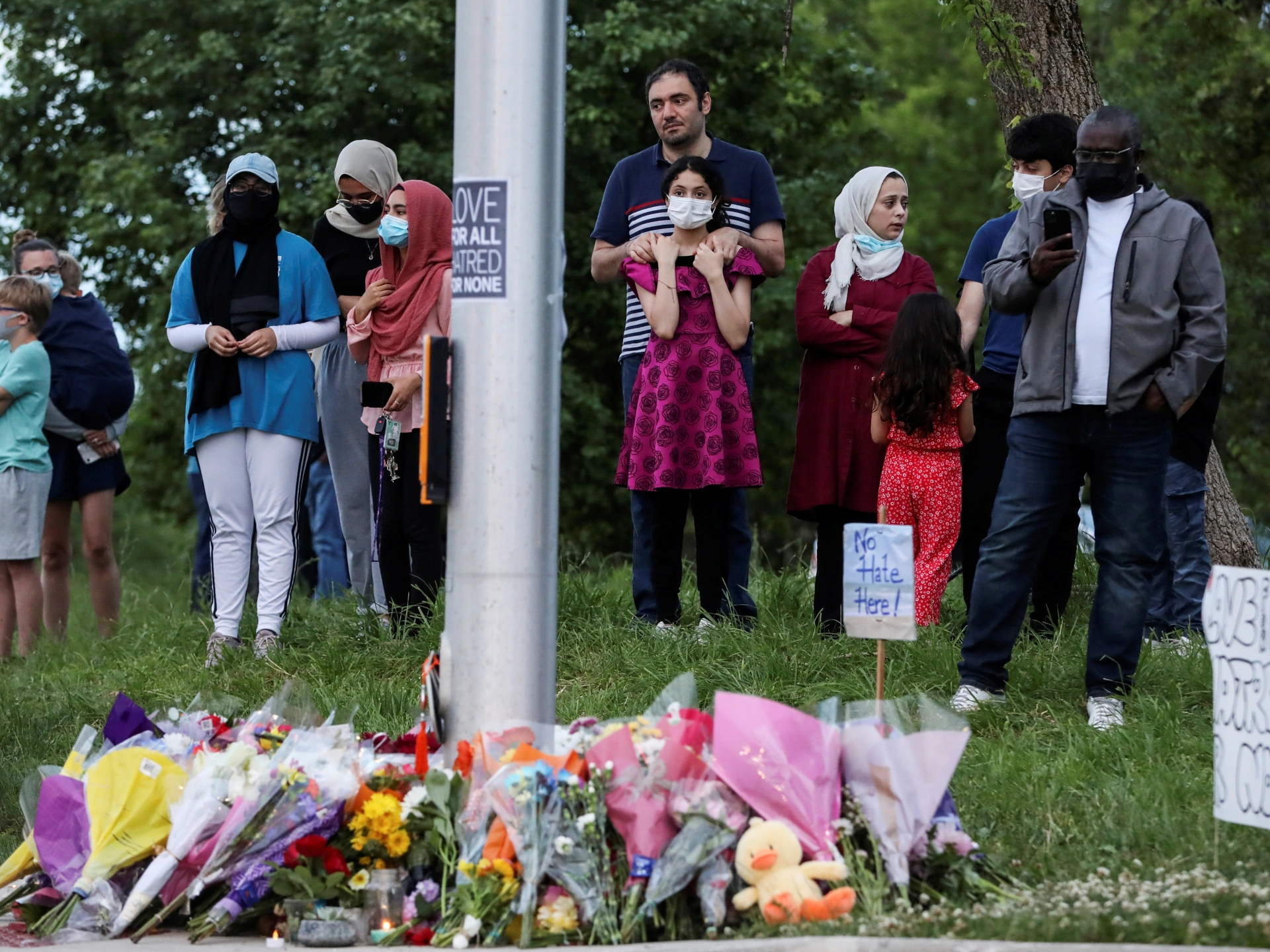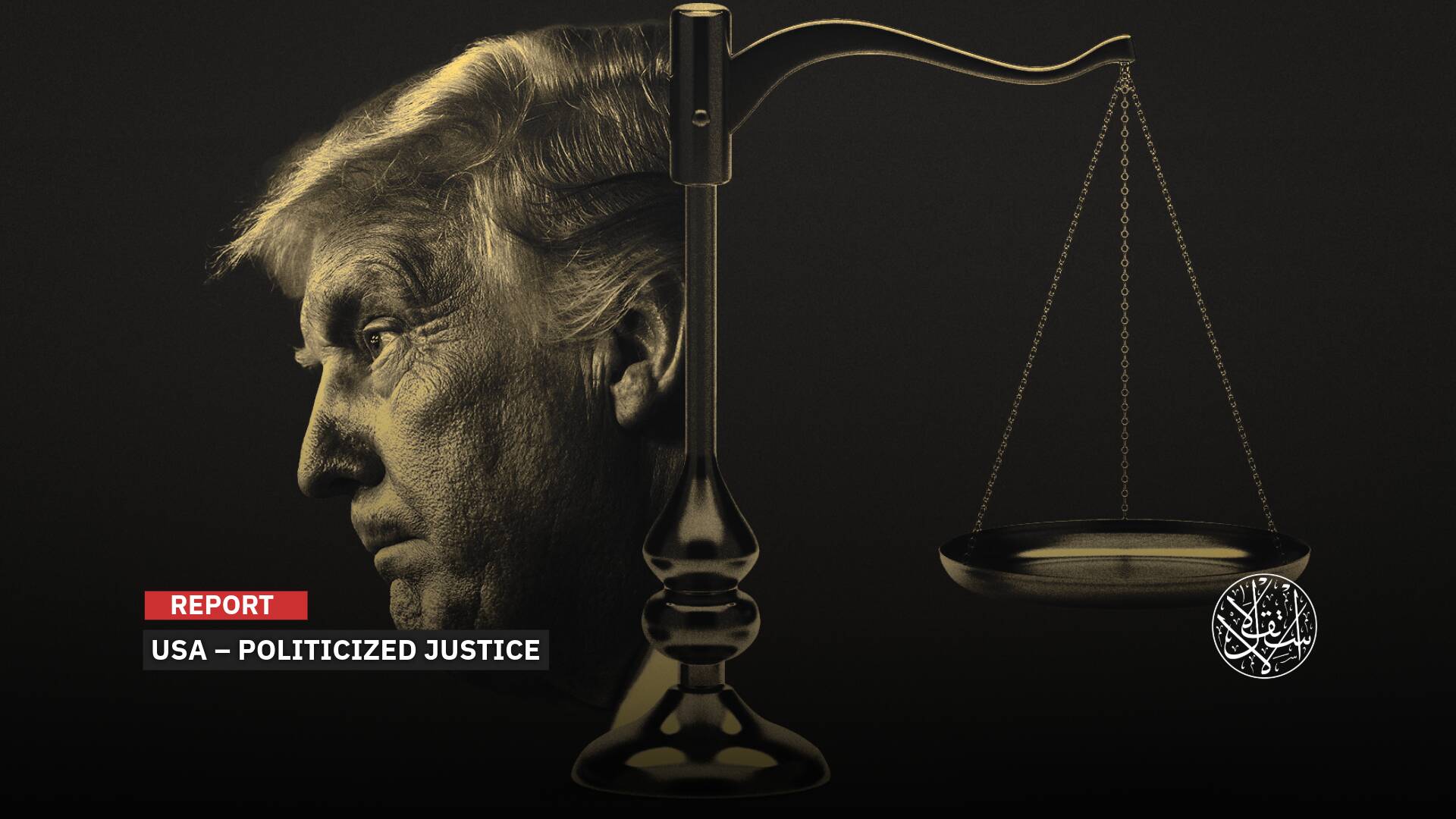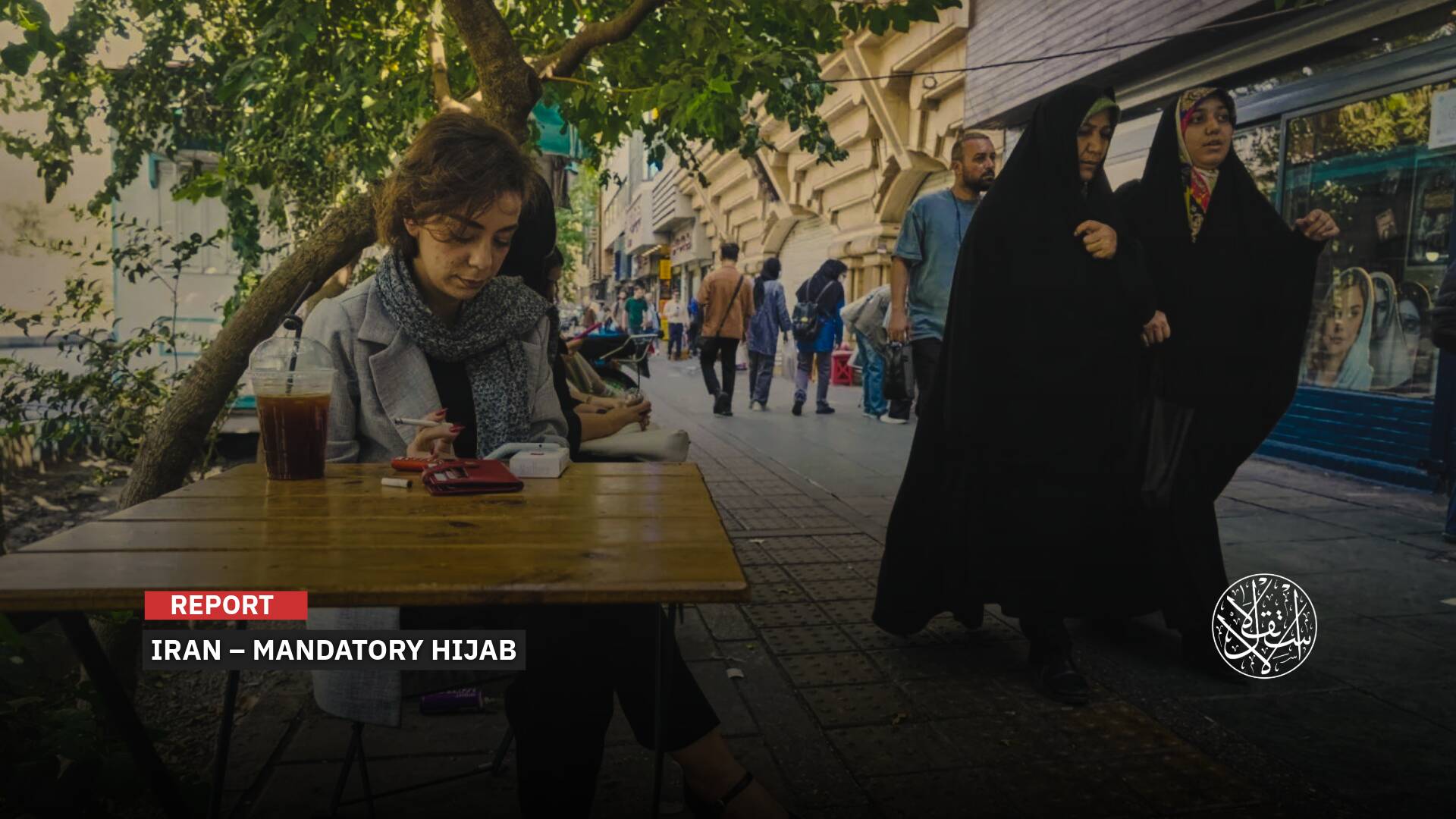How Quebec Became Canada’s Most Islamophobic Province

A recent study revealed the prevalence of anti-Islam opinions across Canada in varying and disturbing proportions, and the highest levels were in the eastern province of Quebec.
The study found that more than half of Quebecers hold negative views of Muslims.
In late January, Canada appointed its first Special Representative on Combating Islamophobia, a position created after attacks against Muslims in Canada increased, including a 71% increase from 2020 to 2021.
Journalist and human rights activist Amira Elghawaby has been selected for a position to support and advance the federal government’s efforts to combat Islamophobia, systemic racism, racial discrimination, and religious intolerance.
Observers believe that the new appointment is an opportunity to improve the stereotype about Muslims in light of the escalating wave of Islamophobia against them in Canada, especially during the recent period; as the number of refugees increases around the world, Muslims face many incidents of hate attacks.
Stark Differences
A new study published by the Canadian Angus Reid Institute this month detected the highest level of Islamophobia in the province of Quebec, which reflects on Muslims in many forms.
The study pointed out that the Muslim minority faces the danger of not being welcomed in several areas of Canadian society.
While 39% of Canadians, excluding Quebecers, hold views and feelings that do not favor Islam, the study found that 52% of Quebecers hold such views toward Muslims.
The study included Islam, Christianity, Judaism, Sikhism, and Hinduism and raised questions related to the feeling of satisfaction with religion, the acceptance or rejection of people who embrace it or marry them, or the establishment of their own places of worship, and the extent of comfort when working in the same place with the adherents of each religion separately.
Comparing Quebec to the rest of Canada revealed stark differences, according to the report.
37% of people held very positive views of Muslims and their religious landmarks and rituals, and 27% of people showed positive impressions in general but not in all areas surveyed.
Also, 16% of Canadians outside the province of Quebec have very negative views of Islam and the religious practices of Muslims, while 30% of Quebec residents have very negative views of Islam and Muslims.
20% showed very positive views of Islam, and 25% had positive views in general, that is, not in all the areas raised by the study.
57% of Quebecers surveyed supported a controversial secular law known as Bill 21, which bans government employees from wearing religious symbols in government workplaces.
It is noteworthy that the aforementioned bill was opposed by several Muslim organizations, saying that veiled Muslim women are the most affected by it.
In other parts of the country, 65% of Canadians opposed the bill, while only 25% of Canadians expressed support for it.
In 2019, a poll conducted by Leger Marketing found that 88 percent of Quebecers who hold negative views of Islam support Bill 21.
New today: Islamophobia in Canada: Four mindsets indicate negativity is nationwide, most intense in Quebechttps://t.co/UQkXuyrqPj pic.twitter.com/FgQDFEJwnL
— Angus Reid Institute (@angusreidorg) March 13, 2023
Counterproductive
“It’s sad, but for someone that lives in Quebec, it’s not surprising at all,” Stephen Brown, CEO of the National Council of Canadian Muslims (NCCM), told Canadian media.
“It poses real questions about root causes,” said Brown, “Why do people feel this particular way about Muslims?…It’s not because of contact that people have with Muslims directly. It’s because of what they’re hearing about us,” he added.
For Brown, this is not the first survey to showcase this information. The Quebec government really needs to look closely at how it’s speaking about a large swath of its population. It’s driving negative feelings and stereotypes about its own citizens.
“It’s counterproductive to society’s interest. It’s dangerous for the lives of Muslim citizens. And it’s terrible for social cohesion,” said Brown.
#WATCH: “I can’t say I’m surprised,” says Stephen Brown, the CEO of the National Council of Canadian Muslims, about a new study done by Angus Reid that shows Islamophobia is more prevalent in Quebec than the rest of Canada. @nccm
— CityNews Montreal (@CityNewsMTL) March 14, 2023
FOR MORE NEWS : https://t.co/Mkgse1PlDd pic.twitter.com/y5Pq5zJs0o
In turn, Salam el-Mousawi, co-founder of Islamic Awareness Week, said there is a big machine that feeds this type of understanding or misunderstanding between Quebecers. As a result, we will see these kinds of numbers, specifically in Quebec.
Both el-Mousawi and Brown said there has been long-standing anti-Muslim and anti-immigrant rhetoric by the Quebec Government, something shown in Quebec’s secularism law, Bill 21, which bans some public servants in positions of authority from wearing religious symbols, like a hijab, while on the job, as being part of that.
For el-Mousawi, this survey, alongside others that have been created, is not surprising: “It’s normal that Quebecers get the fear from this religion…because they see that their government is taking some action against it. Unfortunately, it’s based on a misconception.”
El-Mousawi said more education and awareness about the religion is needed in the province, something the government of Quebec must also support.
“Education and awareness come through mutual dialog and openness and questions, and all Muslims are open to that,” he added.

Islamophobia
In 2019, Quebec, where most of its population speaks French, enacted a law in the province banning the wearing of religious symbols on public sector employees who perform work that gives them authority, with the aim of preserving secularism in its public service sectors.
The number of Muslims in Quebec in 2020 was estimated at 300,000 out of a total of 8 million.
Early last year, an article in The Washington Post criticized the silence of politicians on speaking about the law banning religious symbols (Islamic hijab) in the province of Quebec as contradicting Canadian liberal standards.
Writer Jay McCullough believed that legislation of this kind that could be passed in Canada reveals deep structural flaws in Canadian democracy. Thus, when Canadians see that many of their supposed basic rights can be suspended by simple legislation, they will inevitably express their anger and shock.
He concluded his article by saying, “It seems that the political class members in Quebec are already descending into a strange situation, where they do not want to argue, do not want to justify, and do not want to defend. They just want to pass laws that are so at odds with Canadian liberal norms and then feel offended when criticized.”
It is noteworthy that since the shooting at a Quebec mosque in January 2017, hate crimes have increased dramatically in Canada amid calls by Islamic organizations to tighten laws in order to criminalize Islamophobia.
In early 2017, an armed attack targeted worshipers in a mosque in Quebec, killing 6 people, as it was considered at the time the worst attack on an Islamic religious center in the West until this description was extracted from him in the armed attack that targeted two mosques in Christchurch, New Zealand in 2019, which killed 51 people.

In June 2021, the Canadian police announced the death of four members of a Muslim family and the injury of a fifth who was run over by a pickup truck while they were standing on the sidewalk in the small city of London in southern Ontario, noting that this family was deliberately targeted in an anti-Islam hate crime.
On her part, Lindsay Mathyssen, Member of Parliament of the New Democratic Party (NDP), said: “No one should feel insecure in their neighborhood and community, and the liberal government should do more than share words of consolation.”
MP Mathyssen noted that all Canadian regions are severely affected by Islamophobia, calling on all politicians at all levels of government to urgently change their policies to prevent another attack targeting Canadian Muslims.
She also called for an urgent solution to the issue of white supremacy and far-right extremism in Canada.
MP Mathyssen said that Muslims have suffered from hatred for years in this country, and it should not be this way, and now the task of solving this problem falls to the Trudeau government.
The attack in the small city of London also reminded Canadians of the run-over operation that a person carried out with a van also in April 2018 in Toronto, during which 10 people were killed.
Sources
- Islamophobia in Canada: Four mindsets indicate negativity is nationwide, most intense in Quebec [Study]
- Quebec’s religious headgear ban is at odds with Canadian liberal norms. Why are politicians afraid to say so?
- Quebec calls for Canada's anti-Islamophobia representative to resign
- A new poll shows support for Bill 21 is built on anti-Islam sentiment
- Summit to combat “Islamophobia” in Canada after the killing of a Muslim family [Arabic]











